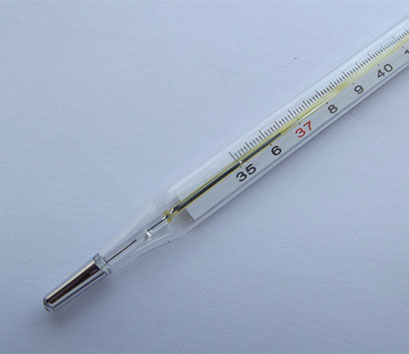Older people need immunization to be protected against serious infectious diseases as children do. Vaccines against influenza, pneumococcal pneumonia and tetanus are specially indicated in older people.
INFLUENZA
Influenza or ‘flu’ is a highly contagious disease, caused by the influenza virus which produces fever, aches and pains, sore throat, running nose and chills. Older people often tend to develop serious complications such as pneumonia, dehydration and weight loss after flu.
Flu tends to be caused by a different variety of the virus each year. So, each year, the vaccine has to be injected, preferably before the onset of winter. The side-effects from the flu vaccine are mild fever, pains and aches for a few days.
As the influenza vaccine is costly, older individuals with a high risk of the infection or its complications need to be vaccinated. They include people with heart disease,liver disease, kidney disease, diabetes and chronic bronchitis.

PNEUMOCOCCAL PNEUMONIA

Pneumonia is often caused by a germ called pneumococcus. Older people are 2 to 3 times more likely to suffer from pneumococcal pneumonia than younger people. Pneumonia can be much more severe in older adults causing several complications. A single injection of the vaccine gives about 90% protection, The side-effects and indications of this vaccine are similar to those of the influenza vaccine
TETANUS
Children get tetanus vaccine as part of the universal immunization programme. This vaccine needs to be repeated every 10 years for continuous protection. In older people injury and accident is very common and they may not have received the vaccine in childhood. This vaccine has nearly no side-effects and needs to be injected every 10 years.
